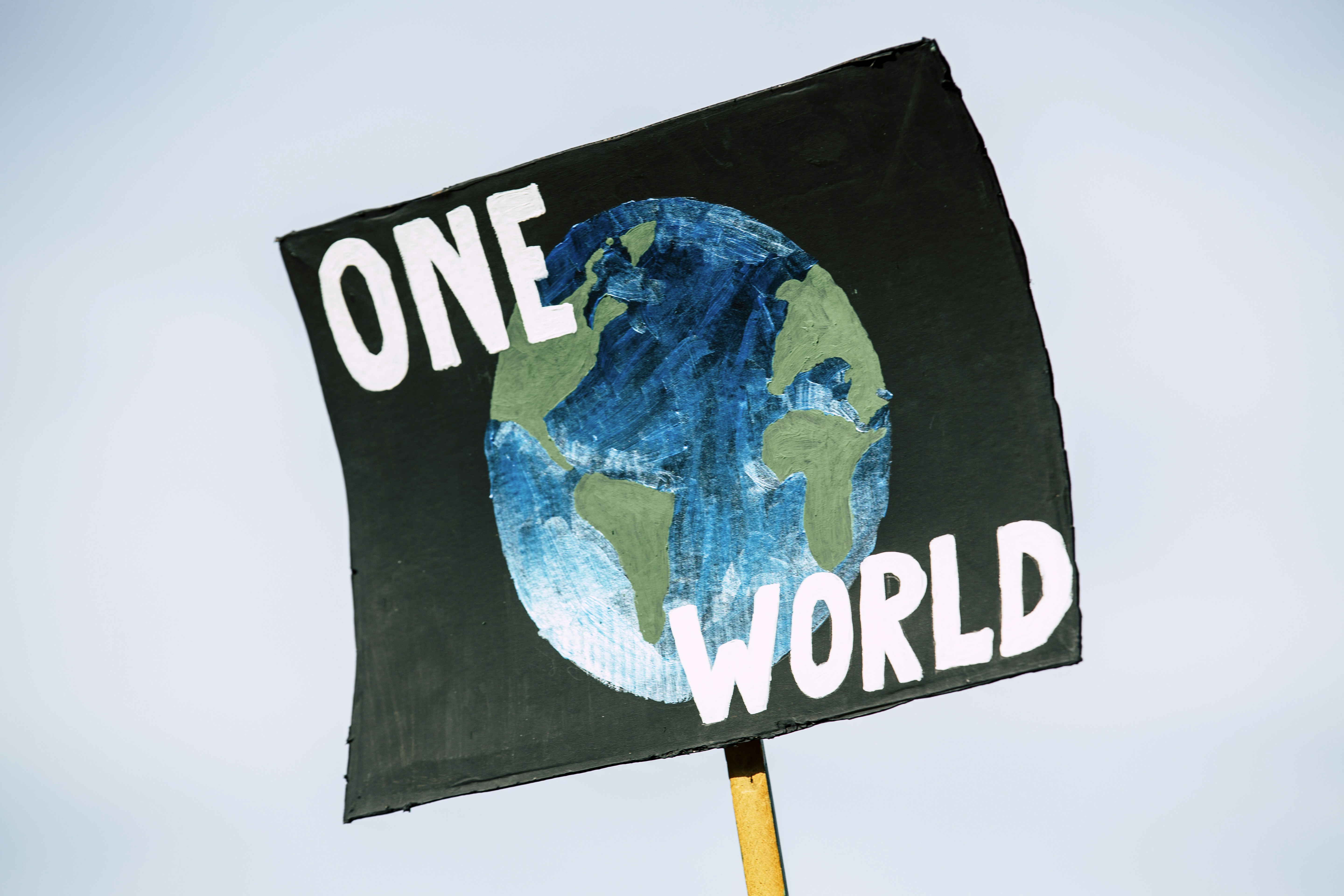Every era coins its own labels for behaviour it doesn’t quite understand. One of the latest is “suicidal empathy”, the idea that some people will prioritise being virtuous over keeping themselves safe. It isn’t an official diagnosis and you won’t find it in a psychology manual, but it has enough bite to spark debate.
The psychology beneath the phrase is not new. Psychologists have long discussed pathological altruism, a term popularised by Barbara Oakley to describe cases where helping others ends up harming the helper. The nurse who sacrifices her own health for patients, or the well-meaning volunteer who burns out completely, both fit the mould. Compassion fatigue is another close relative, especially common among healthcare and aid workers. It occurs when constant exposure to suffering wears down empathy until there is nothing left to give. Empathic distress goes a step further, describing the paralysis that comes when someone else’s pain overwhelms us instead of motivating useful action.
Paul Bloom took the argument further in his book Against Empathy, suggesting that empathy is not the universal good it is often assumed to be. Empathy is selective, it is biased, and it is often about how virtuous we want to feel rather than what genuinely helps anyone else.
So why does the phrase suicidal empathy resonate now? Modern Western society has created unusual conditions. For most of history, survival required hard limits on compassion. Empathy bound together kin, tribes, and small communities, not the entire world. Today, survival threats feel remote. With famine and war less immediate, people have more freedom to treat empathy as limitless. The digital world supercharges this. Social media rewards the display of compassion as much as compassion itself, with algorithms elevating outrage, suffering and moral performance. Being visibly empathetic online can build a reputation or even a career, regardless of whether anything changes in reality. And in cultures where identity is built around moral values rather than religion or tradition, being seen as empathetic is often a central marker of who someone is. Once that identity is fixed, self-preservation can feel like betrayal.
This becomes more complicated when you consider the machinery of virality. Social media doesn’t just reflect culture, it steers it. Platforms like TikTok and Instagram drive trends that alter fashion, speech, even political discourse. If empathy can be amplified to the point of self-destruction, then it can also be engineered. Theories already circulate about how certain trends on TikTok push behaviours considered detrimental to Western societies. But imagine something subtler: coordinated efforts to promote altruistic ideals that, when scaled, gradually erode previous sources of identity such as family, community, or national culture. If empathy can be framed as a higher good, then encouraging people to sacrifice existing loyalties in favour of abstract global compassion may not look like social fragmentation at all. It may look like virtue.
The phrase comes alive when you look at how it plays out in daily life. Protest movements sometimes elevate sacrifice over strategy, with participants putting themselves in situations where the cost to their health, freedom or safety is greater than the change achieved. In politics, a carefully signalled stance of compassion can outweigh workable policy, because appearances matter more than results. Even in ordinary workplaces, people may risk reputations or jobs to take a stand that signals empathy, while knowing it puts them in conflict with practical self-interest. And layered over all this is the possibility that these behaviours don’t just arise spontaneously, they are accelerated by the platforms and networks that profit from moral performance.
The paradox is simple. Empathy evolved as a survival tool. It encouraged cooperation, strengthened small groups, and improved the odds of making it through the winter. But when empathy is scaled up, coordinated, and potentially weaponised, it can clash with the very instincts it once served.
That is the tension captured by suicidal empathy. It is not a scientific term, but it reflects a discomfort with what happens when virtue begins to override practicality.
The open question is whether this represents empathy gone wrong in a world where virtue signalling outpaces survival instinct, or whether it marks the next stage of moral evolution, where survival itself is being redefined. And if social media can direct that shift, the question may not be whether suicidal empathy exists, but whose interests it ultimately serves.

